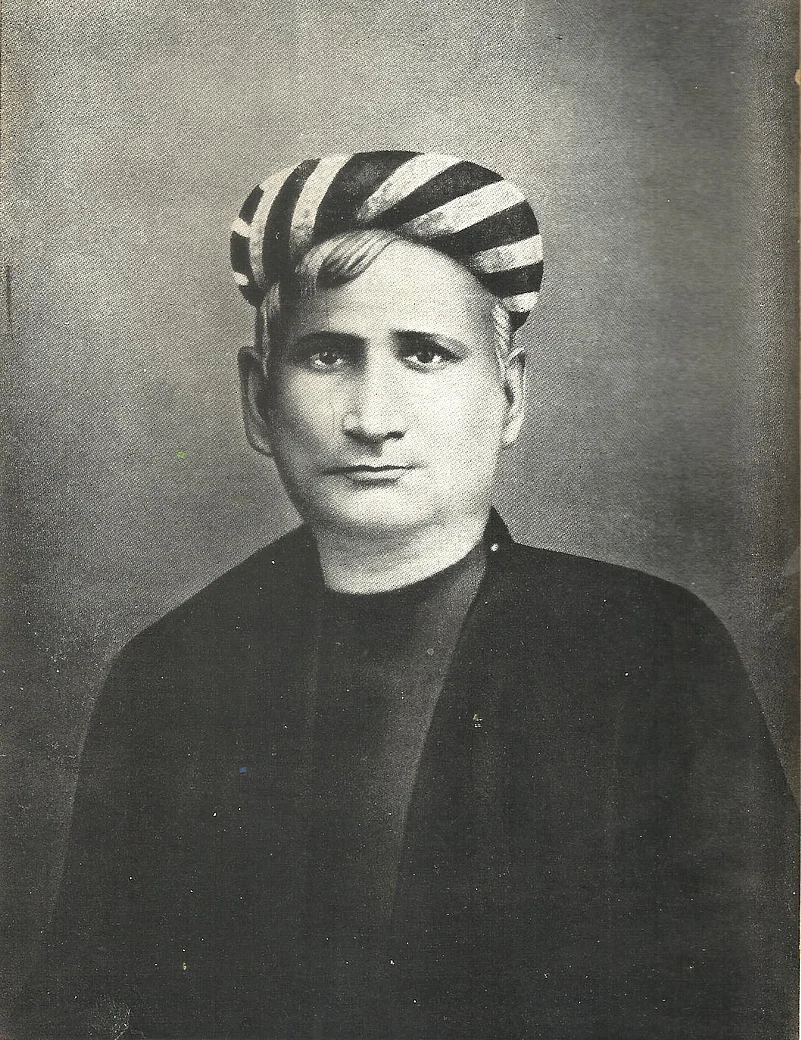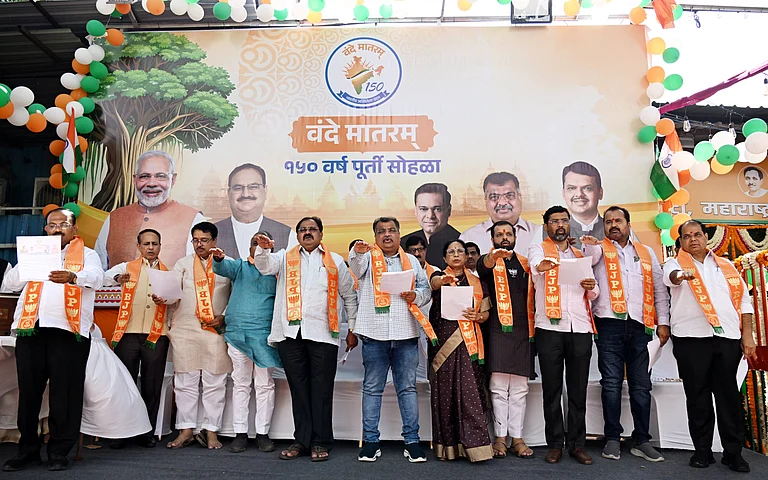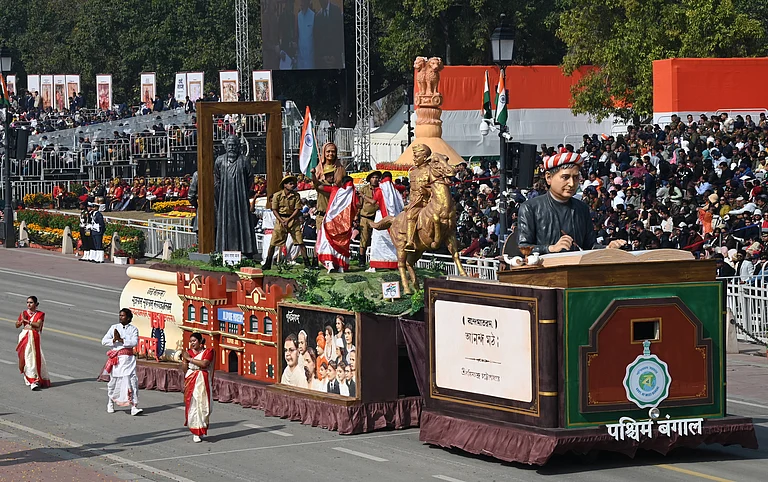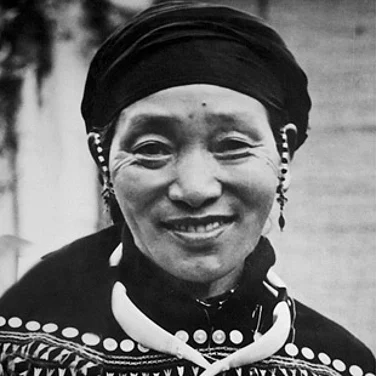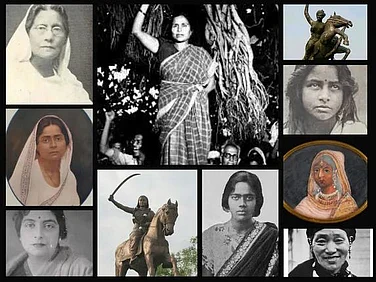Vande Mataram, Sujalam Sufalam, Malayaja Sheetalam, a song dedicated to Bharat Mata, are enough to give goosebumps and a sense of pride. This iconic hymn Vande Mataram, an ode to the motherland which means I praise to thee mother reminds us of the real struggle of freedom fighters who gave their lives for their motherland's sake without hesitation. Bankim Chandra Chatterjee, a renowned name in the history of India, wrote the national song Vande Mataram, which Indians sing to evoke the motherland.
Bankim Chandra a prominent figure in Indian history and literature and his contribution to the Indian freedom struggle is worthwhile. Bankim Chandra Chatterjee wrote the iconic hymn in 1882 when nationalism was at its peak. He played a pivotal role in shaping the outline of the Indian freedom struggle. His contribution to Bengali literature inspired generations and has a profound legacy even today. Bankim Chandra was not only the father of national song but also a prolific writer, poet, and journalist whose genius work has deep-rooted patriotism, and ignited a spirit of resistance among the masses.
Early Life, Education, and Literary Works
Born and brought up in Naihati, West Bengal, Bankim Chandra came from an orthodox Brahman family that supports good education. Bankim got his best education in his childhood and adulthood. He was the first graduate from the University of Calcutta; he served as a deputy magistrate at the age of 20 in the Indian Civil Service from 1858- 1891. He got his degree in law in 1857, and from there he crafted works that ignited a wave of nationalism that later influenced the Indians.
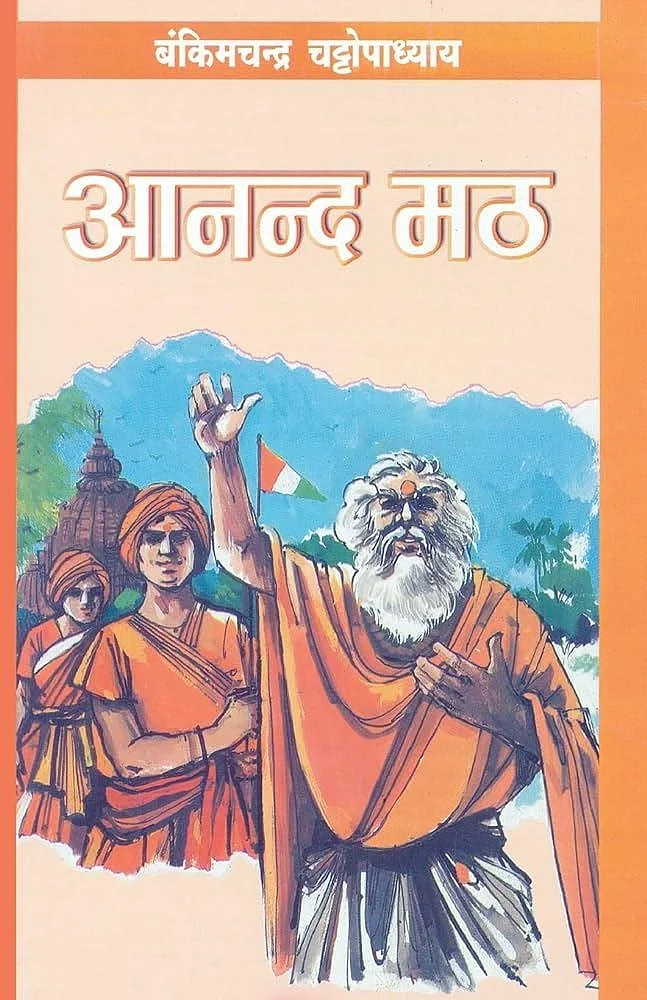
He was known for his best storytelling, his work mostly centred on social issues and women. Bankim wrote his first novel about Raja Mohan’s wife, which was written in English. He later switched to Bengali writing, where he wrote his finest and most classic novels, such as Anandmath, Durgeshnandini, and Kapalkundala.
Bankim Chandra may not be as popular as Rabindra Nath Tagore, but he was the face of the Bengal Renaissance. Bankim Chandra's Bangadarshan inspired and influenced Rabindra Nath Tagore. Bangadarshan was a literary magazine and was all about communication between educated and uneducated classes. It is said that the magazine Bangadarshan stopped publication in the 1880s and was later revived by Tagore in 1901 as an editor. Tagore has guided and encouraged the young Bankim in his writings.
Other notable and extraordinary writings of Bankim Chandra that focus on themes related to social reforms, nationalism and patriotism, struggle for Justice, etc. are Kapalkundala (1866), Mrinaliani (1869), Vribiksha (1873), Rajani (1877), Krishnakanter Uil (1878), Radharani (1876), and Devi Chaudhurani (1884). His novels have played a major role in moulding the modern Bengali identity.
Contribution to Indian Nationalism and the History of Vande Mataram
Bankim Chandra’s brilliant literary work was Anandmath, which was banned by the British as the story revolves around Sanyasi and the monk rebellions of the 18th century, strongly opposed to and against British rule. Even the Vande Mataram, song was a poem in this finest novel. Vande Mataram which became a rallying cry for Indian nationalists, and was eventually adopted as India's national song. Chatterjee’s last work was an efficient epic which was Sitaram, published in 1886.
Apart from getting the crown of emperor of literature (Sahitya Samrat), Bankim Chandra Chatterjee’s contribution to Indian nationalism goes above literary achievement. He has inculcated a sense of pride in India’s cultural and historical heritage through his epic writing. There was a time when the British were promoting a narrative of Indian inferiority, Bankim Chandra's works and writing reminded Indians of their glorious past and the need to reclaim their freedom.
Bankim Chandra’s contribution to India, through his literary works and deep exploration of social-political themes played a crucial chapter in the history of freedom struggle and inspired a generation of freedom fighters. He was also a great satirist; in his writing, Kamalakanter Daptar (from the desk of Kamalakanta, 1875), depicts colonial India as a marketplace populated by deceitful fishmongers, sycophantic oil millers, and a European stall that invites Indian youth to experience experimental science, only to punch them in the face - a symbol of British violence. Bankim’s saga Bangadarshan, was considered a platform for discussing nationalist ideas and promoting Indian culture. Through Bangadarshan, he inspired a generation of writers and thinkers who would go on to play crucial roles in the freedom movement.
Bankim Chandra Chatterjee was a legend, a writer who owned literature and inspired the generations. He passed away on April 8, 1974, but his legacy lives on. Chatterjee’s writing has established itself in modern Bengali literature, encouraging future generations of writers. His contribution to the Indian freedom struggle is incalculable, his works will continue to remind us of the sacrifices these freedom fighters have made for our motherland.
"Vande Mataram," with its strong images and moving words, became synonymous with the Indian independence movement. It was picked as India's national hymn following independence and is still regarded as a reflection of the country's enduring spirit. Leaders like Bal Gangadhar Tilak, Bipin Chandra Pal, and Aurobindo Ghosh acknowledged the influence of Anandamath and "Vande Mataram" in their nationalist activities.
Conclusion
Bankim Chandra Chattopadhyay's works served as a mirror to the society reflecting the social and political realities of his time and guiding the nation towards independence. His vision in his writing is still echoing in today’s world. As India moves forward with modernity, the concepts of patriotism, cultural pride, and resilience that Bankim Chandra championed remain as relevant as ever.



